By Cyanne E. Loyle, Kathleen Cunningham, and Joe Young.
As insular academics, we often grumble that if only people in power listened to us, the world would be a better place. Maybe this is the case, maybe this is wishful thinking. Regardless, it is not controversial to say that increased interactions and understanding between different experts across society is probably a good thing. Given this, what is the best way to get academic research and researchers in conversation with members of the policy community? Related, how do we recommend policy to this often diverse group of people?
In March we held a National Science Foundation (NSF)-sponsored academic workshop at the Center for International Development & Conflict Management (CIDCM) at the University of Maryland on Rebel Governance and Legitimacy. As part of our workshop, we organized a policy/practitioner working group sponsored by American University. This meeting included practitioners from a range of government agencies, research centers, and think tanks, such as the US State Department, ICE, the Department of Homeland Security, the Stimson Center, and the Holocaust Memorial Museum among others. In addition to a conversation about our research findings from the CIDCM workshop, we engaged in a broader conversation about the relationship between our academic research and the challenges currently faced by the policy community. A lot has been made about translating between these communities (here and here as examples). What follows are some lessons we learned from asking policy people directly:
First, we experimented – and had some success – with a new format for the meeting. Rather than a traditional presentation format, we took a different approach and piloted a version of academic/policy speed dating. Our introductions included the usual name and affiliation but then also a space to reflect on the current state of the debate around non-state actor governance and legitimacy. As part of this round, we asked everyone to raise one question about this topic that they thought was unanswered. This gave folks an opportunity to learn where their fellow participants were situated in these debates. Additionally, this helped get us all immediately focused on the pressing policy and research challenges that we are currently facing.
For the second part of our workshop, we had three members of our academic workshop give a 5-minute presentation on their work with a focus on the current state of the literature. In other words, this was a quick introduction to “what we know” on the topic of rebel governance. Once these presentations were completed, we got some food and broke out into groups. The groups were headed by the prior academic presenters who were tasked with keeping notes and facilitating a conversation around the theme “what do we know and what do we need to know”. People self-selected into their groups based on their interest in the work presented. When the breakout sessions were concluded (about 30 minutes) we returned to a group discussion about the main topics which had been raised in each breakout section.
Rather than solely focus on research presentations, this format helped us facilitate more engagement with the individuals and organizations directly tasked with putting our research findings into practice. Importantly, it allowed us academics to listen (something we often don’t do well) to what policy makers want to know. In the process, we learned about the areas where more research was needed, the areas less interesting to people tasked with dealing with policy now, and things that the policy world felt pretty confident in. We also gained a greater insight into the policy process, how the timelines differ, and how the academic community could be more useful in this regard.
Here are some general lessons we learned in this process:
- Indicate variables of interest, not specific recommendations
One of the great myths – which was busted – was the importance of writing relevant policy recommendations to accompany our work. Many of us tack on concluding paragraphs to our articles which frame the larger contribution of our work in terms of policy outcomes. Indeed, reviewers often ask specifically for this. However, in our discussions, policy makers asked for something different. Participants at our workshop called for a clear articulation of “variables of interest” rather than a focus on policy recommendation. Rather than an attempt by academics to wade into the policy waters, often naively, there was a request for concrete factors to consider when making policy decisions. For example, questions like “what is the one thing that you have found which most impacts this outcome?” “Under what conditions is that one thing most likely to have an impact?” These are questions that many of us answer in our work, but we can develop clearer ways to communicate those findings rather than half-hearted policy prescriptions. This more general approach to highlighting factors or variables of interest allows policy makers at multiple levels of the policy making process to access the work as well.
- What questions are relevant?
While we strive for academic freedom and flexibility in our own research, we are often concerned with asking research questions that are relevant for contemporary events and debates. But how do we know what questions are most useful? The solution that practitioners offered was just to ask them. Through working groups like our own in Washington, to the ever-increasing number of opportunities for academics to embed into US government organizations, we have an unprecedented opportunity to engage directly with the policy community. Using creative presentation and workshop techniques, such as the one described here, can start a more dynamic conversation that moves beyond the basic presentation of our work.
- It’s not just about the length.
Many of us working in or with the Beltway crowd have been told that policy makers don’t have time to read 10,000 word academic articles. We need to make things pithy, accessible, less technical. The feedback from our workshop suggested a more nuanced take on this argument. Rather than a dumbed down presentation of our argument and findings, the practitioners who participated in our program called for clearer articulation of our findings and the relevant factors influencing certain cases. Interestingly, no one raised the issue of article length, instead there was a call for accessibility and clarity of presentation.
Cyanne E Loyle is an Assistant Professor of Political Science at Indiana University and a Global Fellow at the Peace Research Institute Oslo. Kathleen Cunningham is an Associate Professor of Political Science at the University of Maryland. Joe Young is an Associate Professor at American University and a Lead Editor at PV@Glance.

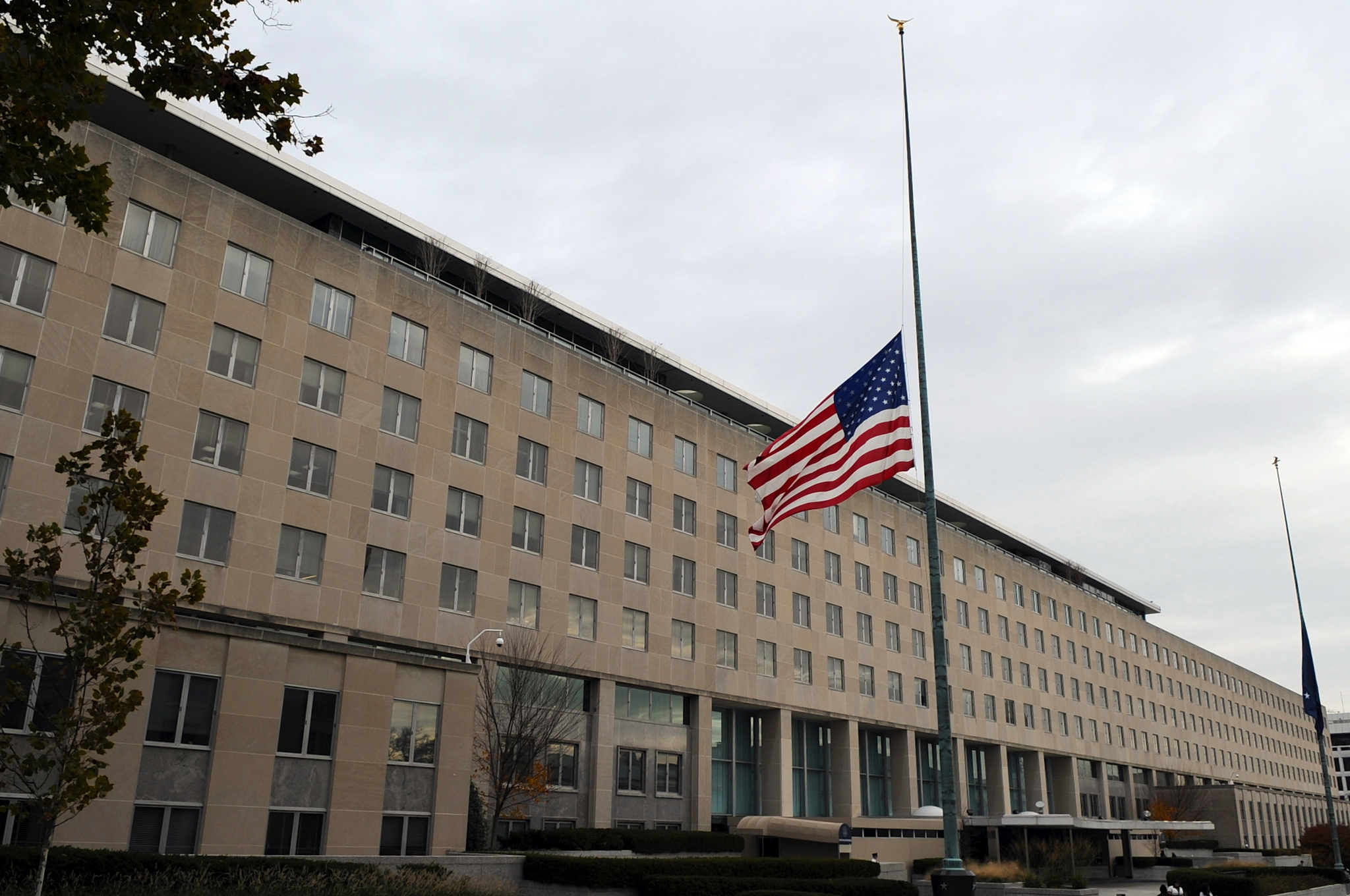
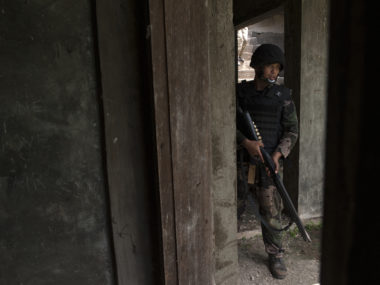
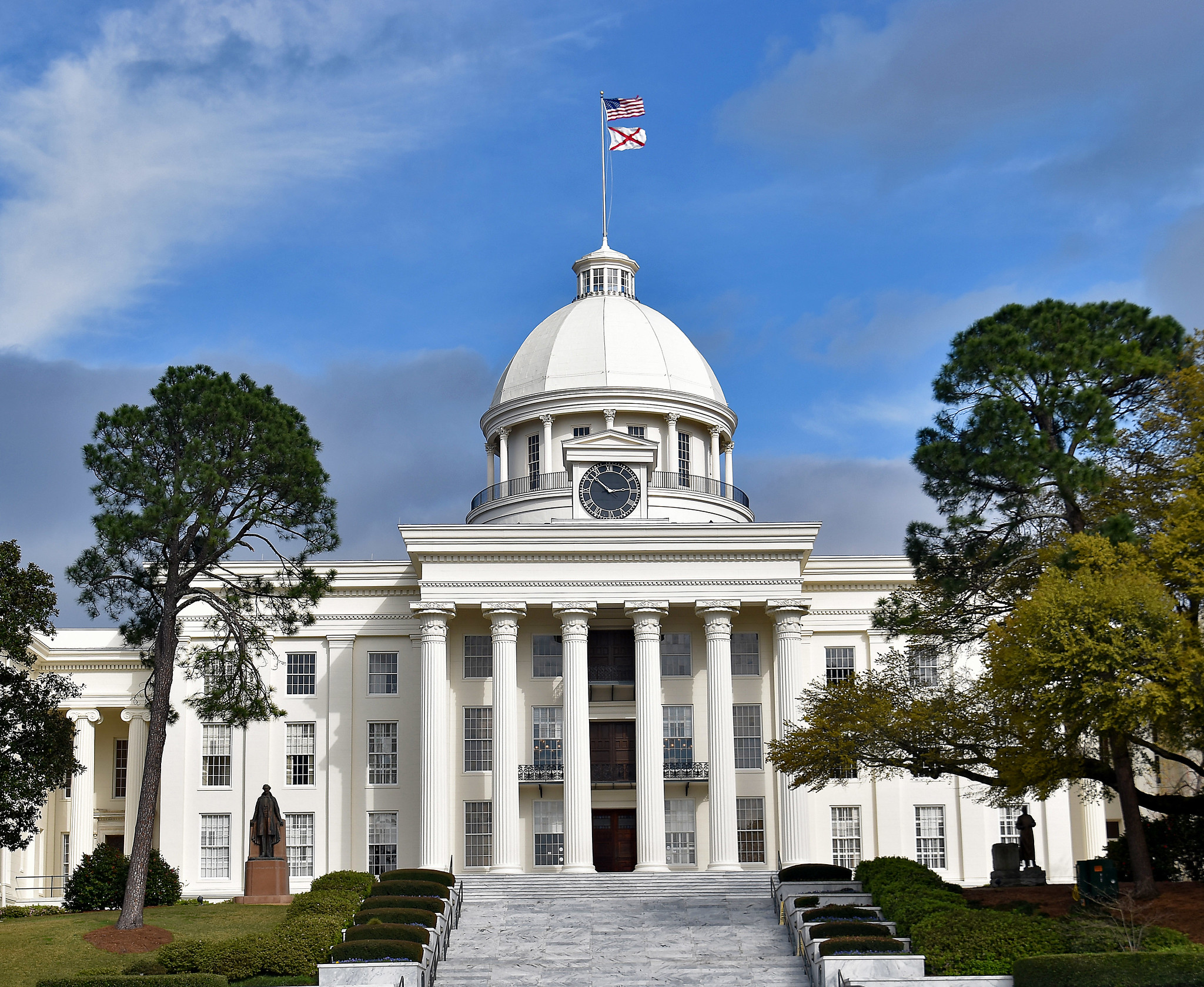

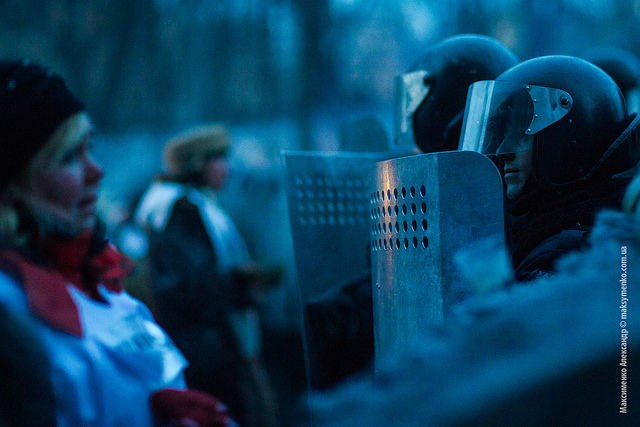
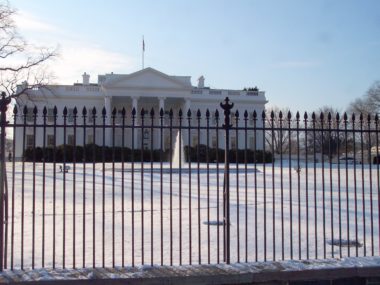
2 comments
Another good read on this topic as it applies to PhD training: https://tompepinsky.com/2018/06/04/why-political-scientists-should-stop/
This should have been done years’ ago. Think Tanks–besides being an intellectual conduit for ideas, which is good unto itself–must also connect with policy practitioners and wonks, (as well as candidates for office, especially higher office).